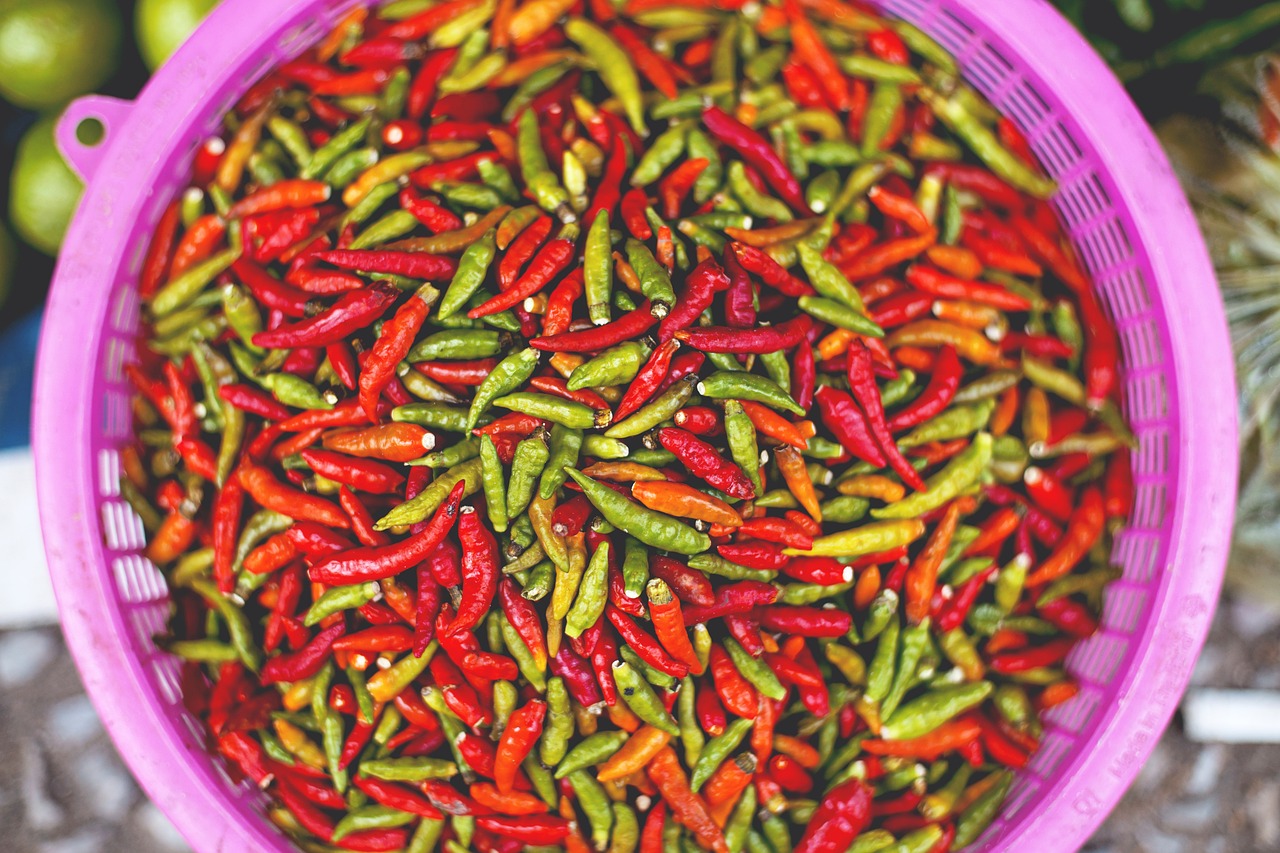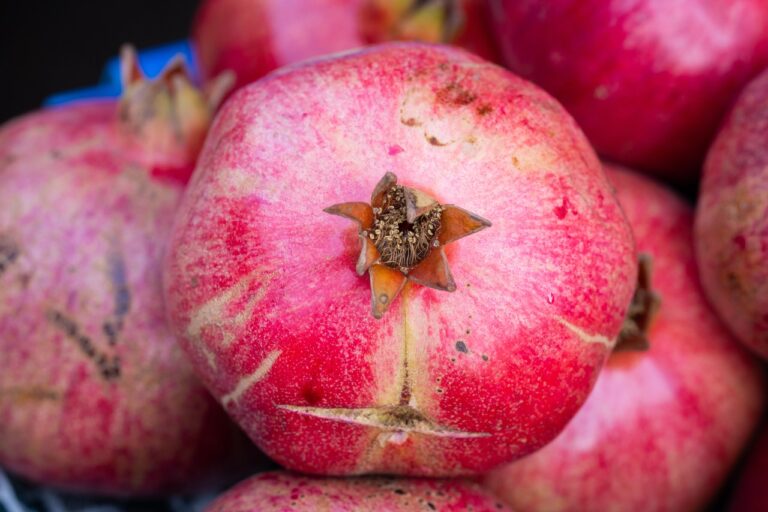The Role of Microbreweries in Promoting Sustainable Mushroom Cultivation: Betbook250.com, 11xplay, Yolo 247
betbook250.com, 11xplay, yolo 247: Microbreweries have long been associated with craft beer and unique flavors, but did you know they also play a crucial role in promoting sustainable mushroom cultivation? In recent years, microbreweries have been partnering with local mushroom farms to utilize spent grain as a substrate for growing mushrooms. This innovative approach not only reduces waste but also contributes to the growth of a sustainable agricultural practice.
The relationship between microbreweries and mushroom farms is a win-win situation. Microbreweries generate large quantities of spent grain as a byproduct of the brewing process. This spent grain is typically used as animal feed, compost, or even discarded as waste. By collaborating with mushroom farms, microbreweries can repurpose this waste product as a substrate for growing mushrooms. The mushrooms, in turn, can be sold to local restaurants and markets, creating a closed-loop system that minimizes waste and maximizes resources.
One of the key benefits of using spent grain as a substrate for mushroom cultivation is its nutritional value. Spent grain is rich in carbohydrates, proteins, and fiber, making it an ideal medium for growing mushrooms. Additionally, the spent grain provides a cost-effective alternative to traditional substrates, such as sawdust or straw. This not only reduces the environmental impact of mushroom cultivation but also makes it more economically viable for farmers.
Moreover, the partnership between microbreweries and mushroom farms promotes local agriculture and strengthens community ties. By sourcing ingredients locally and supporting small-scale farmers, microbreweries can reduce their carbon footprint and contribute to the growth of a sustainable food system. This grassroots approach to food production fosters a sense of connection between producers and consumers, creating a more resilient and vibrant community.
Furthermore, the collaboration between microbreweries and mushroom farms can lead to the development of new products and flavors. Mushrooms grown on spent grain have a unique taste and texture that sets them apart from conventionally grown mushrooms. This innovative approach to mushroom cultivation opens up new possibilities for culinary experimentation and creative cooking. Chefs and food enthusiasts alike can explore the diverse flavors and textures of these locally grown mushrooms, adding a new dimension to their dishes.
In conclusion, the role of microbreweries in promoting sustainable mushroom cultivation cannot be understated. By repurposing spent grain as a substrate for growing mushrooms, microbreweries are not only reducing waste but also fostering a more sustainable and resilient food system. This collaborative effort between brewers and farmers exemplifies the potential for innovation and creativity in sustainable agriculture. Through their partnerships with mushroom farms, microbreweries are paving the way for a more sustainable future for food production and consumption.
**Heading 1: Benefits of Microbreweries in Sustainable Mushroom Cultivation**
Microbreweries play a key role in promoting sustainable mushroom cultivation through the repurposing of spent grain as a substrate for growing mushrooms. This innovative approach not only reduces waste but also offers a cost-effective and environmentally friendly alternative to traditional substrates.
**Heading 2: Nutritional Value of Spent Grain**
Spent grain is rich in carbohydrates, proteins, and fiber, making it an ideal medium for growing mushrooms. By using spent grain as a substrate, mushroom farmers can create a nutrient-rich environment that promotes healthy mushroom growth.
**Heading 3: Economic Viability**
Using spent grain as a substrate for mushroom cultivation is not only environmentally sustainable but also economically viable. This cost-effective alternative to traditional substrates helps reduce production costs and increase farmer profitability.
**Heading 4: Local Agriculture and Community Ties**
The partnership between microbreweries and mushroom farms promotes local agriculture and strengthens community ties. By sourcing ingredients locally and supporting small-scale farmers, microbreweries contribute to the growth of a sustainable food system and foster a sense of connection between producers and consumers.
**Heading 5: Culinary Innovation and Creative Cooking**
Mushrooms grown on spent grain have a unique taste and texture that opens up new possibilities for culinary experimentation. Chefs and food enthusiasts can explore the diverse flavors and textures of these locally grown mushrooms, adding a new dimension to their dishes.
**Heading 6: Future Prospects and Sustainability**
The collaboration between microbreweries and mushroom farms represents a promising future for sustainable agriculture. By repurposing waste products and promoting local agriculture, microbreweries are paving the way for a more sustainable and resilient food system.
**FAQs**
**Q: How do microbreweries benefit from partnering with mushroom farms?**
A: Microbreweries benefit from partnering with mushroom farms by repurposing spent grain as a substrate for growing mushrooms. This reduces waste and creates a closed-loop system that minimizes environmental impact.
**Q: What are the nutritional benefits of using spent grain as a substrate for mushroom cultivation?**
A: Spent grain is rich in carbohydrates, proteins, and fiber, making it an ideal medium for growing mushrooms. This nutrient-rich environment promotes healthy mushroom growth and enhances the flavor and texture of the mushrooms.
**Q: How does the partnership between microbreweries and mushroom farms promote sustainability?**
A: The partnership between microbreweries and mushroom farms promotes sustainability by reducing waste, supporting local agriculture, and strengthening community ties. This collaborative effort contributes to the growth of a more sustainable and resilient food system.
**Q: What are the future prospects of sustainable mushroom cultivation in collaboration with microbreweries?**
A: The future prospects of sustainable mushroom cultivation in collaboration with microbreweries are promising. By repurposing waste products and promoting local agriculture, microbreweries are paving the way for a more sustainable and resilient food system that benefits both producers and consumers.







